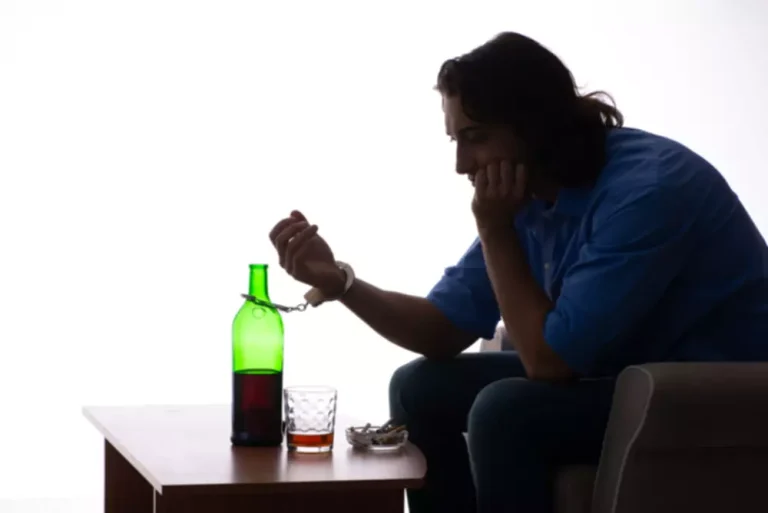Alcoholism vs Alcohol Abuse

In the United States, much of our culture centers around drinking. Problems that result from drinking too much, too fast, or too often affect more than 14 million US adults. So, how can we recognize some of the problems?

Alcohol abuse
It is easy to get swayed by studies about alcohol that proclaim to have health or social benefits like, “a glass of red wine a day could protect your heart,” or “moderate alcohol consumption increases attractiveness”. The truth is that not everyone has the ability to “moderate” their alcohol consumption. This is where alcohol abuse starts.
Alcohol abuse is when you put too much alcohol in your body and the body starts shutting down and you might even need to be hospitalized to reverse the effects. It does not mean that you are drinking heavily every day. It can be occasional binge drinking that leads to serious issues. However, when that binge drinking happens, it is non-stop and the individual cannot stop drinking.
Here are warning signs to watch for in yourself and loved ones:
- You feel like you should cut down on alcohol. You might have found yourself in dangerous or embarrassing situations after drinking. Moreover, this happened not only once or twice, but over and over again. Yet, you reach for that bottle of alcohol yet again.
- Impairment with social interactions is another sign. This can be family, friends, or coworkers. Yet, you are continuing to drink despite the problems that it causes or worsens.
- When you are not drinking, there is sort of malaise kicks in. This can be anything from a hangover the next morning to sleep problems that seem to be persisting, digestive problems, disruption of your exercise program, or a chronic irritability.
- You are likely to feel guilty about the drinking issue and try to hide it. You subconsciously know that you have a problem, but you lie in an attempt to cover it from people surrounding you.


Take back control of your life and start on the road to recovery now.
Alcoholism
Alcoholism is a very serious disease that many people struggle to deal with every day. It can have a serious long-term effect on you and the people around you. Alcoholism is often the result of prolonged alcohol abuse or excessive drinking. Alcoholism for women is a faster onset than it is for men because of their body chemistry. For men, it can take even years or months of heavy drinking. It all depends on the quantities of alcohol.
With alcoholism, the body gets adopted and does not produce enough sugar, so the alcohol is kind of like a mask for that. The alcoholic has to be constantly putting that “mask” in to stop the tremors, to stop the insanity that is going on in the brain and feel “normal”. Some of the alcoholism signs can include but are not limited to
- Using alcohol to make you feel normal. The mood-enhancing effect the alcohol may have is only temporary. It actually increases your risk of both depression and anxiety. Heavy drinking can make you socially withdrawn or prone to unusual or violent behavior.
- Drinking in secret or lying about it. Denial is a very powerful thing and it is a common element of the addiction syndrome – be honest with yourself. Your long-term health depends on it.
- Problems with friends and loved ones. You probably altered your work schedules or your life in a negative way whether you are calling out sick due to hangovers or your drinking is causing conflicts at home. Problems in your close personal relationships is a clear indication that your drinking is problematic. Over time, the alcoholic becomes so isolated with their alcoholism that at some point that might feel all hope for a better life.
- Flushed skin or broken capillaries on the skin. This syndrome of chronic alcoholism can present in a variety of ways, ranging from rosy cheeks to visible blood vessels that spread across your face like a spider web. These symptoms occur because of the constant presence of alcohol in your bloodstream, which can damage the skin as well as smaller blood vessels that carry blood to localized regions in your body.
- Blackouts/temporary memory loss. Blacking out is the result of excessive alcohol consumption and it can result in a gap in memory. Blackouts often increase your chance of making bad decisions and can be an indicator that your alcohol abuse progressed to alcoholism. Permanent and irreversible brain damage can be caused by alcoholism.
Treating alcohol abuse vs. alcoholism
Treating an alcohol problem with just willpower usually never ends in good, long-lasting results. It can be as long as a couple of weeks for a person suffering from alcoholism just to detox from this drug and start feeling somewhat OK. Alcoholism detox is super dangerous. These individuals need professional medical supervision around the clock. Usually, they are given Valium, some anti-seizure medications, and maybe some other comfort medications to help lessen the severity of the detox.
With alcohol abuse, the detox takes about five to nine days, depending on the severity of binge drinking. As for the detox itself, similar things would apply and the individual would get some type of comfort medications and an assessment if they are having seizures when they are abusing alcohol and during the detox. In addition to the detoxing, the individuals need support after they are detoxed.
People who suffered from alcohol use disorder need to learn new skills and strategies and have someone ensure that they do not come back to alcohol. One can choose to see a counselor or a therapist on a regular basis. Joining a group of recovering alcoholics is also helpful. One of the most helpful and reliable ways to stay sober is to move to a sober house, which is a place where individuals recover from alcohol/substance abuse in a safe and supporting environment and learn how to live without the alcohol.


This can be a difficult journey, but you don’t have to go it alone. Let us be your guide and provide you the environment needed to regain control of your life and begin the path to recovery.
Get help
Now, it is time to take action to make a change. If you think that you or someone you care about may have a problem with alcohol, we encourage you to consider taking the first step to healing and turn for help. People with alcohol addiction sometimes try to quit, but cannot. They experience anxiety, insomnia, nausea, and other symptoms when they try to quit. If these symptoms sound familiar, it is best to seek professional help right away.




